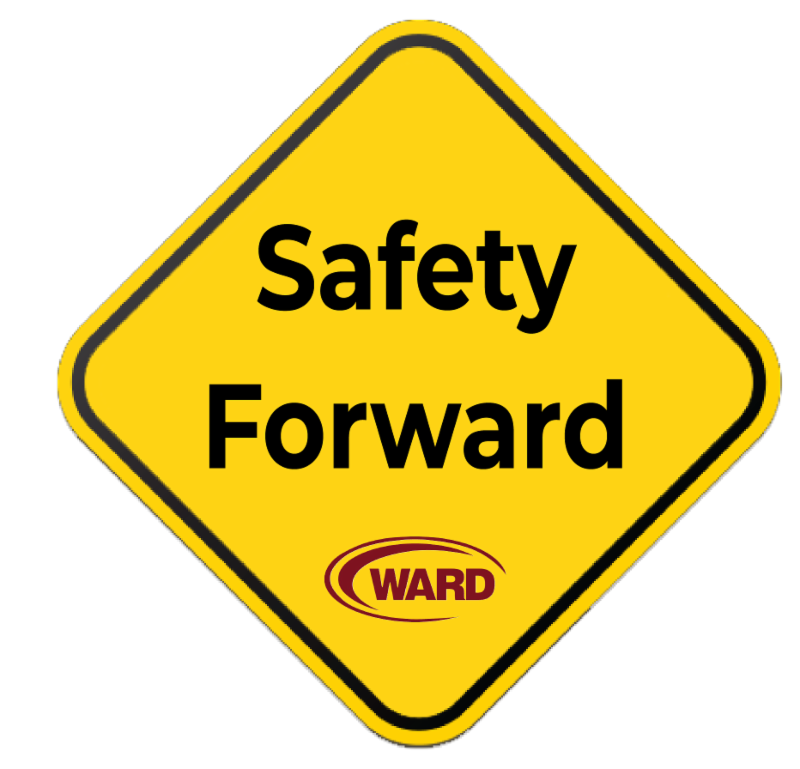#1 – SAFETY…
It’s vital to not take safety for granted during repair work. Repair work often has unforeseen surprises that spring up and require that you stop and take a minute to reevaluate the situation and potentially create an entirely new safety approach to the project. Sometimes, it requires a lot of extra time to prepare and execute a job with a clear nod towards safety and it’s important to avoid the pressures that come along with repair work in the field. Everyone is aware of time constraints on a project, but no job is too important to circumvent good safety practices so everyone has a chance to go home safely each and every day.
It’s easy to say “We take pride in our safety record” and “We have had X hours with no lost-time accidents”, but, in reality, you are trying to manage human nature and psychology. It is natural to get comfortable and be complacent – especially when it comes to “safety”. Sometimes, when we discuss safety, it comes across as critical, when in reality, we are just doing our best to help keep ourselves and our co-workers out of trouble. It takes a special someone to be one of the safety leaders in any company and do the job of managing safety within a company that performs industrial work, be it in a shop or in the field. Workers tend to roll their eyes and tell you they’ve been through the training a thousand times and don’t need to sit through it again. But they do need to sit through it – and sit through it regularly and consistently. No matter how many times someone has sat through a class or taken a test, it never hurts to stop for a few minutes and go over what could go wrong before getting started on a job, no matter how big or small. Remember that each worker on a project is ultimately responsible for their own safety and – if we do it right – also for the safety of their co-workers. We all have to do our part.








